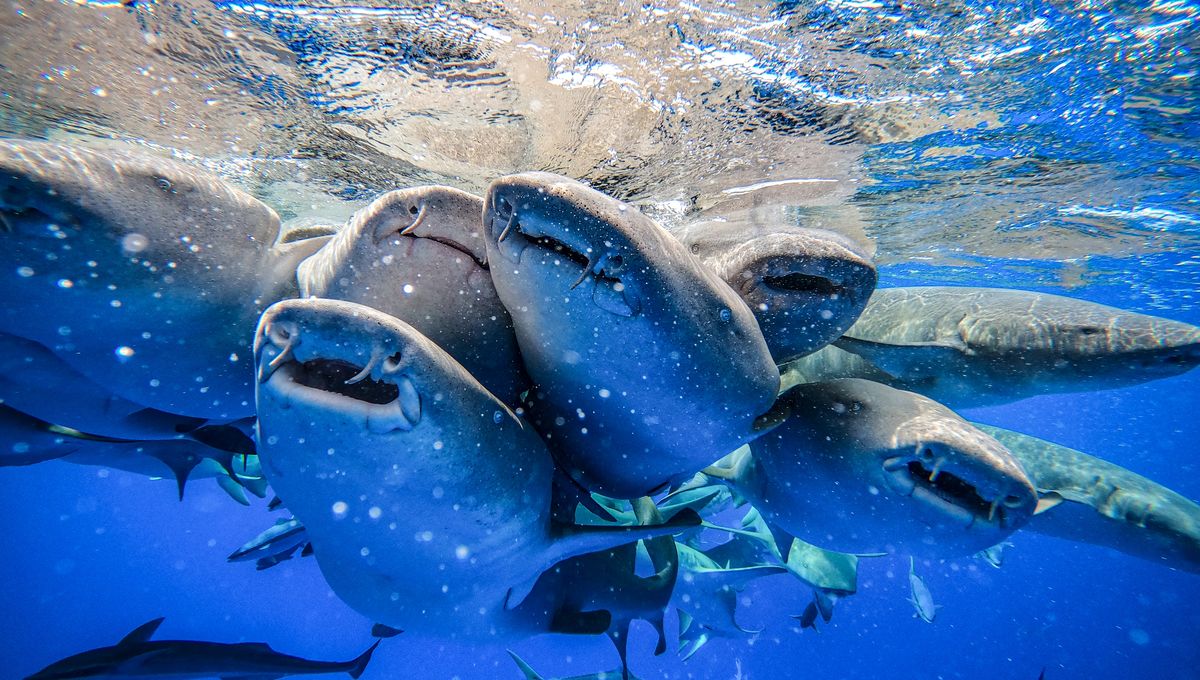
Not only are sharks incredible apex predators, they’re also renowned for their robust immune systems. However, their ways of achieving this differ greatly from ours as they lack lymph nodes and other organs associated with combating infections, such as tonsils. They can even produce many of the protective cells and antibodies that we have. Now, scientists have identified another, albeit surprising tool in their maintenance kit: their pancreas.
In mammals, the pancreas has an important role in both endocrine (tissues that make and release hormones that control cell and organ actions) and exocrine (glands that make things like sweat, tears, milk, and digestive juices and releases them) systems. In particular, the pancreas helps us regulate our blood sugar levels and produces digestive enzymes.
This occurs in sharks too, but their pancreases also make antibodies and regulate certain white blood cells for defence, a new study suggests.
The researcher was conducted by Thomas Hill, a graduate student at the University of Maryland School of Medicine, and his advisor, Associate Professor Helen Dooley, who wanted to test whether sharks’ pancreases played a role in their immune systems. They examined nurse sharks (Ginglymostoma cirratum), which Dooley has been studying for over 20 years. During their investigation, Hill identified immune cells in the pancreas that would typically be associated with secondary lymphoid organs, such as the spleen, lymph nodes, or tonsils of other animals.
The immune cell clusters in question were B cells (or B lymphocytes), which are crucial for producing antibodies that bind to specific antigens (pathogenic) and help eliminate them.
This was initially dismissed as a mistake due to mixed-up samples, but further investigation found more clusters in other samples from the sharks. It turns out these clusters were identifying the most effective B cells to fight infections, a process that also happens in the spleen. Then, to find out whether the pancreas created antibodies, as suggested by previous work, Hill and Dooley immunized one shark with a protein and another with the COVID-19 vaccine.
They then examined the sharks’ pancreases a few weeks later and found antibodies specific to the antigens the respective sharks received. This suggests their pancreases did produce the cells for their immune response. It is possible these antibodies are released from the pancreas into the sharks’ intestines to defend against pathogens. It also suggests that immune responses can be prompted in non-lymphoid organs.
It is not clear whether human pancreases behave similarly, but it could explain why our pancreases are susceptible to inflammation, especially as this immune response was developed by ancient creatures such as sharks.
The paper was published in The Journal of Immunology.
Source Link: An Unexpected Organ May Help Sharks Fight Disease